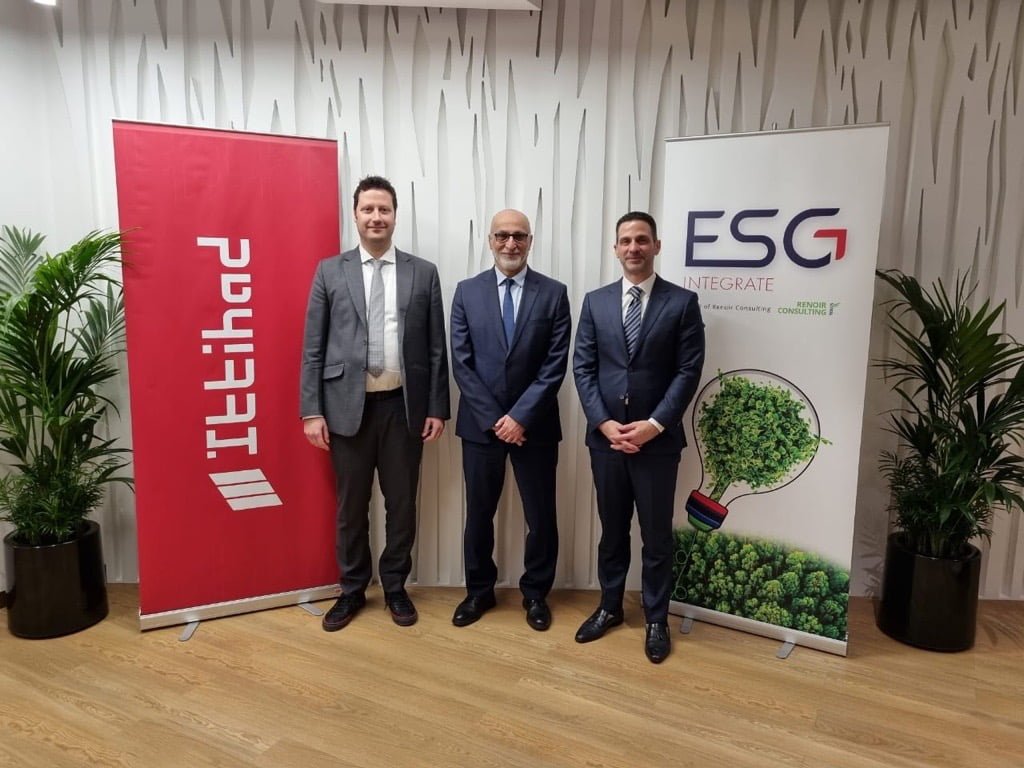Renoir Consulting, through its ESG Integrate unit, has signed an agreement with Ittihad International Investment LLC (lll Group), a renowned private investment holding company based in Abu Dhabi, UAE.
The project will focus on the development of a comprehensive Environmental, Social, Governance (ESG) Framework and Roadmap to be implemented across III Group’s entire value chain. III Group is fast-tracking growth across five key verticals that are critical to the development and diversification of the UAE economy.
Imad Alfadel, Renoir Consulting’s ESG Practice Lead, said: “We are delighted to support Ittihad International Investment LLC with the development of its Environmental, Social, Governance (ESG) Framework and Roadmap.
“This agreement reflects the strength of Renoir’s ESG offering as well as rising demand for these services in the Middle East, as companies look to capitalise on the many benefits of managing ESG-related challenges, risks and opportunities.”
Zahi Abu Hamze, Ittihad International Investment’s CFO, said: “This initiative clearly demonstrates III Group’s dedication to promoting sustainability and responsible business practices. We believe that practicing sustainability is not only the right thing to do but it also creates long-term value for our businesses.
“By prioritising ESG factors in our operations, we are building trust with our stakeholders, including customers, investors, employees, and the wider community. We are excited to take this step towards promoting sustainability and responsible business practices and look forward to the positive impact it will have on our company and the wider community.”
The UAE is preparing to host the COP28 Climate Conference in Dubai in November and has declared 2023 ‘The Year of Sustainability’.
Imad Alfadel added: “As we build towards this hugely significant event, there is a growing awareness that all organisations must play a part in the transition to a more sustainable and inclusive economy. We anticipate that more companies in the region will commit to integrating ESG factors into their operations to create enterprise value while delivering positive impacts for the environment as well as people.”
By developing and implementing an effective ESG strategy, companies can create sustainable value for all stakeholders, attract new investors, build greater trust, manage emerging risks, access capital at lower cost, tap into growing consumer demand for responsibly produced goods and services, and attract talent, he added.




